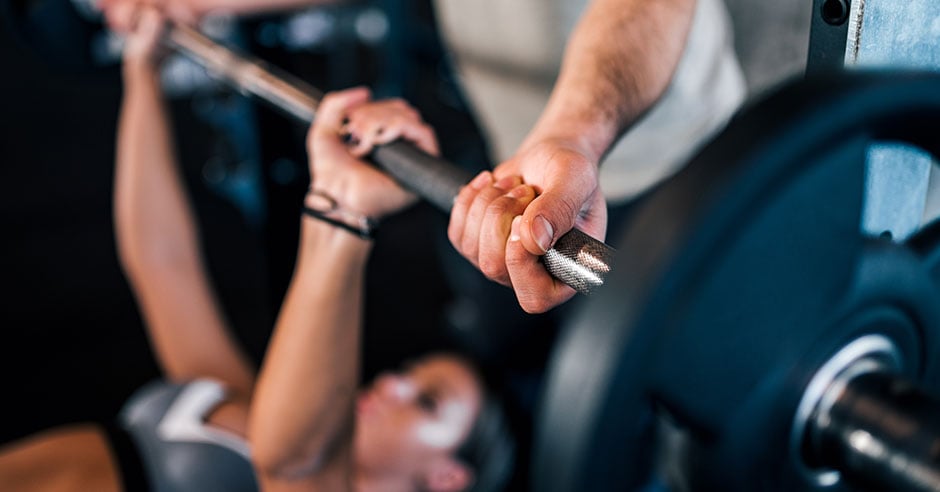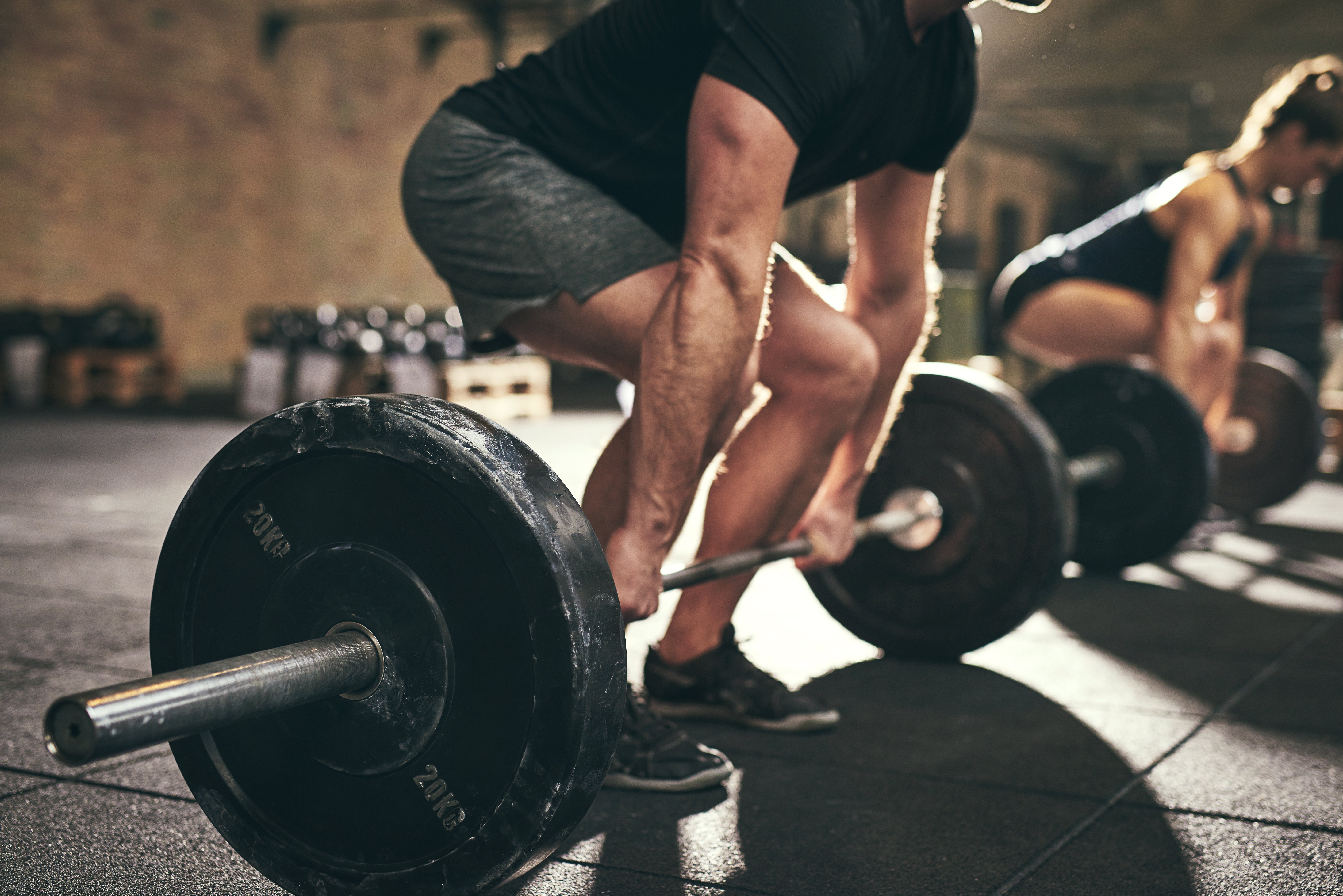BridgeAthletic
At Bridge, we are all athletes and coaches first. As athletes, our team has experienced everything from riding the pine on JV, to winning NCAA championships, to competing in the Olympic Games. As coaches, we have helped countless athletes reach their full potential, winning everything from age group section championships to Olympic Gold Medals.

-1.png)
-1.png?width=800&name=Untitled%20design%20(2)-1.png)





-1.png)